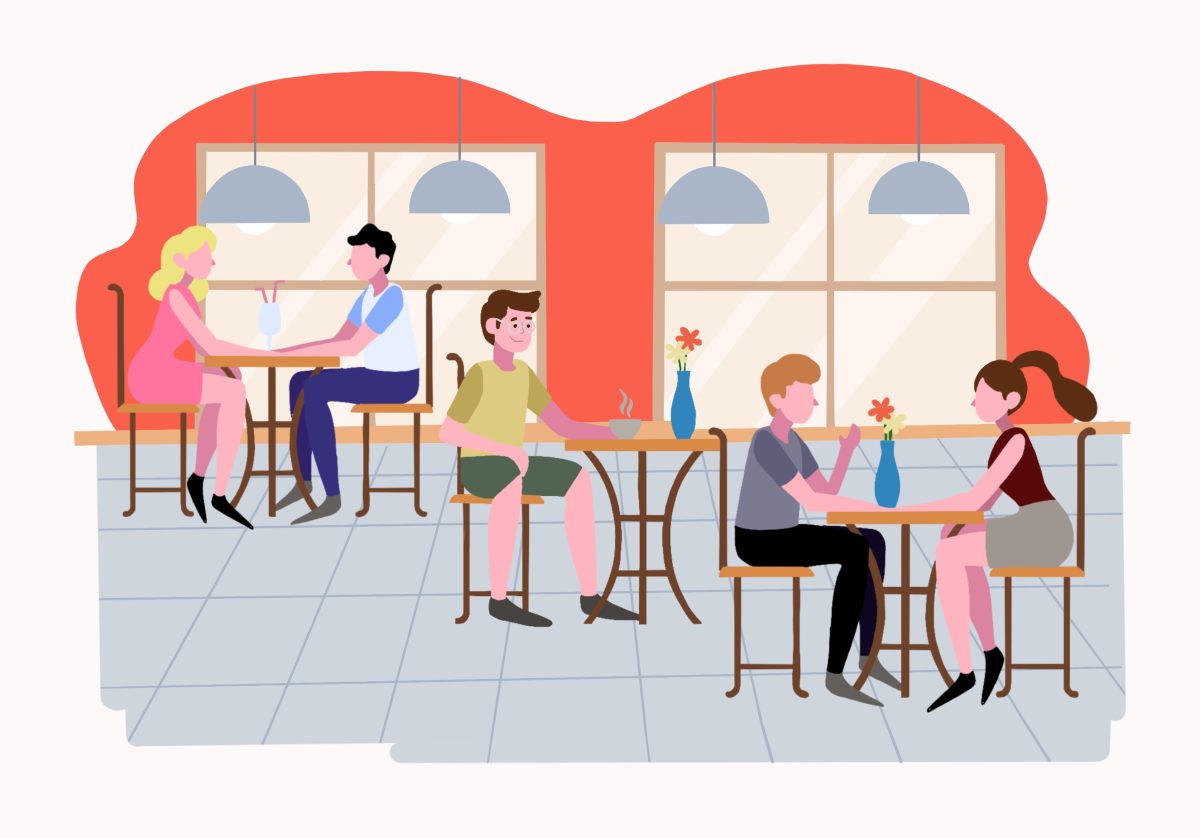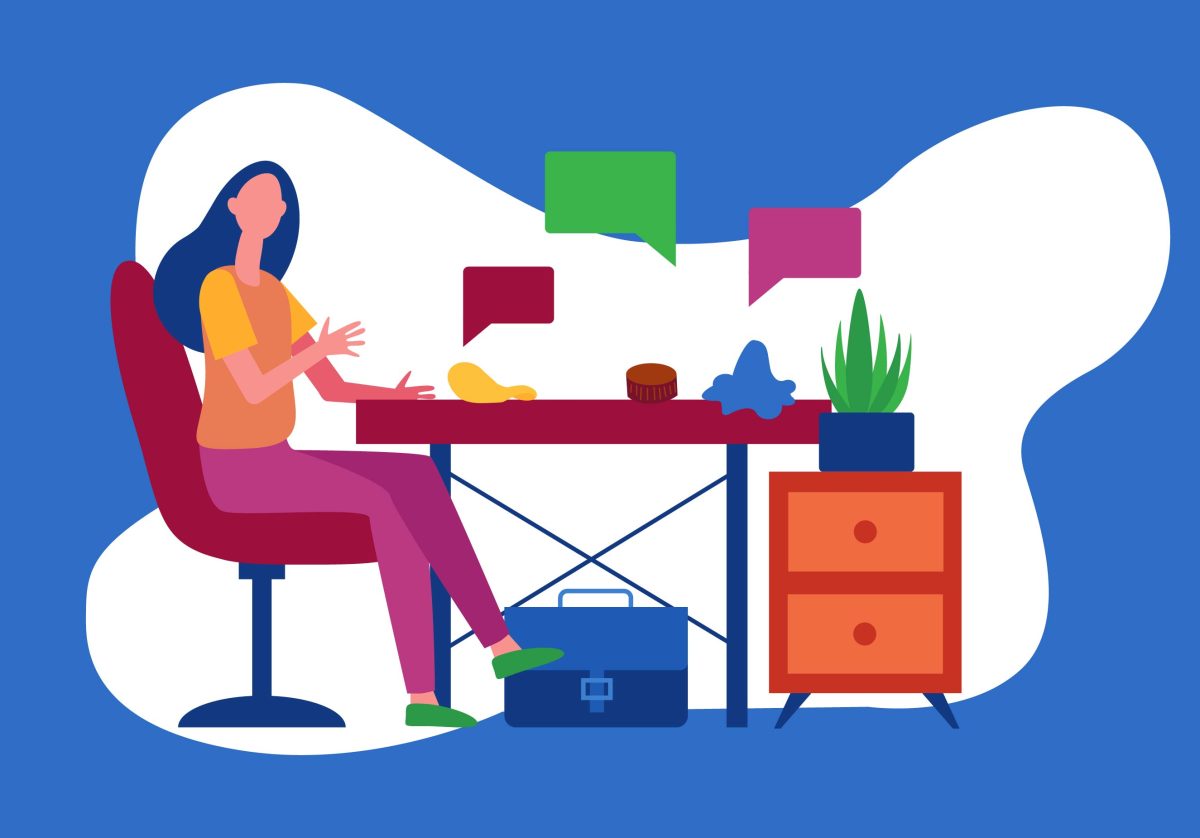The hoops grocery stores have to jump through are pretty high. A manager has to anticipate how much they will sell in a given order period, taking care to not undershoot and end up with bare shelves, or overshoot, which causes some produce to rot, in turn spoiling even more other food. But modernization has made this easier. Grocery is a delicate balancing act that, thankfully, has been harmonized by computerization in most places.
Stores have been analyzing their customers’ buying trends for as long as stores have been around. Never think that what you buy doesn’t matter, because it always has and always will. Stores can now closely follow trends to place just the right orders. “It’s a lot different than what it was 10, 15 years ago, when you had a back room full of product, and you piled it high and watched it go,” said Ben Gustavson, a manager of Cub Foods located in The Quarry. “It’s not that way anymore because there are so many different competitors out there, so we’ve become a lot more tight, so to speak. And it’s a lot better business. You don’t have all that inventory hanging over your head, and it’s still accommodating to the customers,” he said.
Gustavson went on to explain Cub’s other practices, like its packaging recycling, food-shelf contributions for unsold food and, when that food is no longer fit for human consumption, compost. It sounded pretty close to the 90 percent reclamation, or zero waste, that I learned about from the University of Minnesota’s recycling program.
But there is one thing that grocery stores like Cub could do that would save about 20 percent of edible crops from being wasted: selling imperfect produce. Selling imperfect fruit, rather than ditching it for aesthetics, saves millions of dollars for consumers, tens of millions of pounds of food, hundreds of millions of gallons of water and reduces our carbon footprint, according to Imperfect Produce, a San Francisco-based group who took its statistics from UNESCO and Environmental Working Group. Apart from the environmental implications, refusing to buy imperfect produce hurts farmers too. Losing the revenue from that 20 percent of their crop yield can cause real financial stress. This is a painfully easy problem to fix because imperfect produce is no less nutritious or delicious than symmetric produce.
Gustavson does not subscribe to imperfect fruit, though. “As far as I’m concerned, it’s a niche market. We look for the best produce that we possibly can, we have a lot of people who spent a lot of time going after it,” he said. That makes complete sense. In his twenty-plus years in the business, his customers have told him that perfect produce is what they want.
But we, those very consumers, are best off shedding this perfectionist mentality. A wonky carrot is a small price to pay for diverting needless waste and backing our under-supported farmers. And maybe you can think back to your childhood and reconjure the thrill of cracking open a two-yolk egg, or finding a snake’s-tongue strawberry. Especially for city kids, that kind of thing was pure art.
In the meantime – and if you have children to convince to eat their vegetables – you may want to check out the Ugly Fruit and Veg Delivery Directory. All over the world, local vendors deliver its fun fruit. Maybe this niche market will grow into something more mainstream and less wasteful in the future.





















